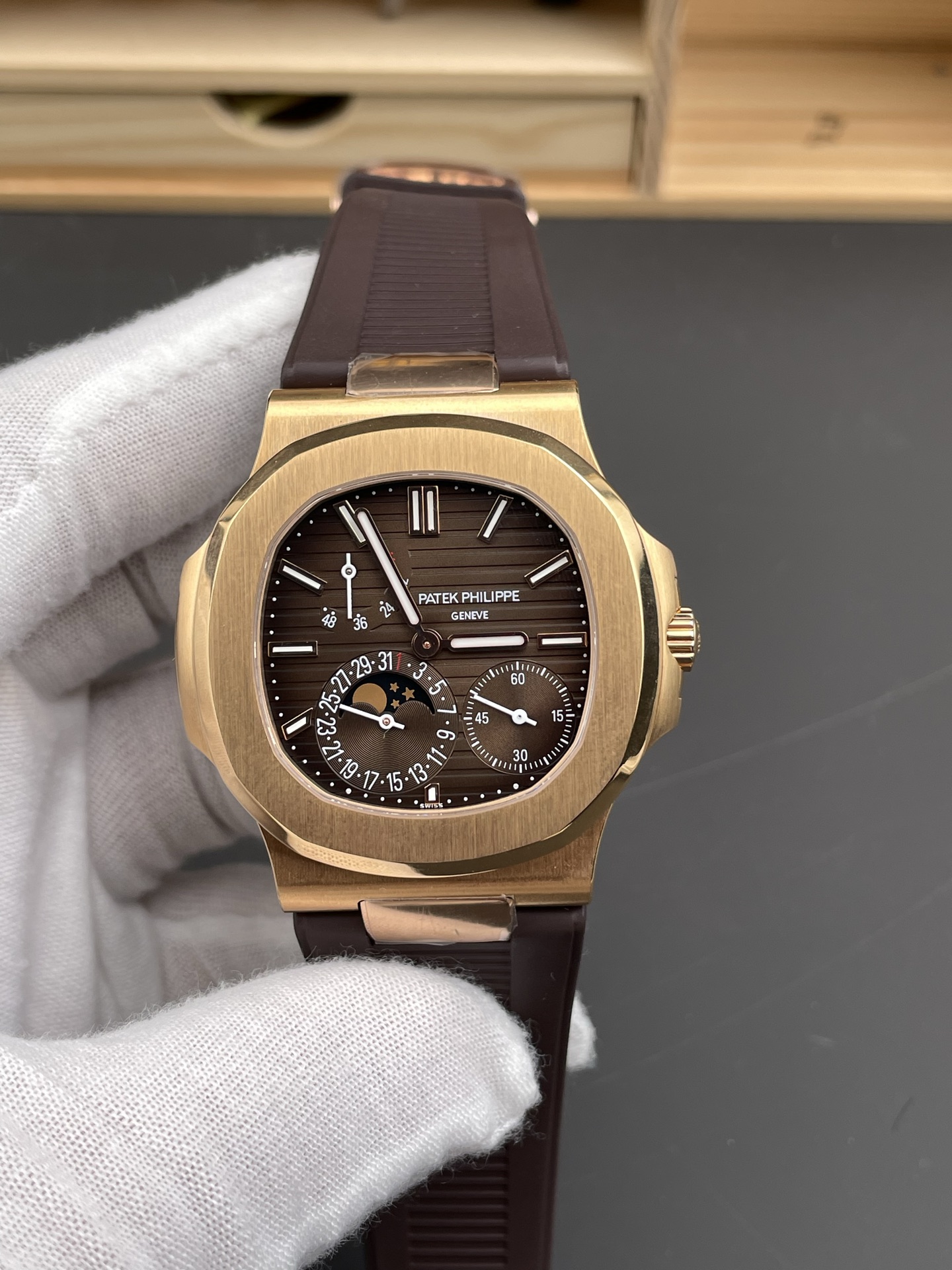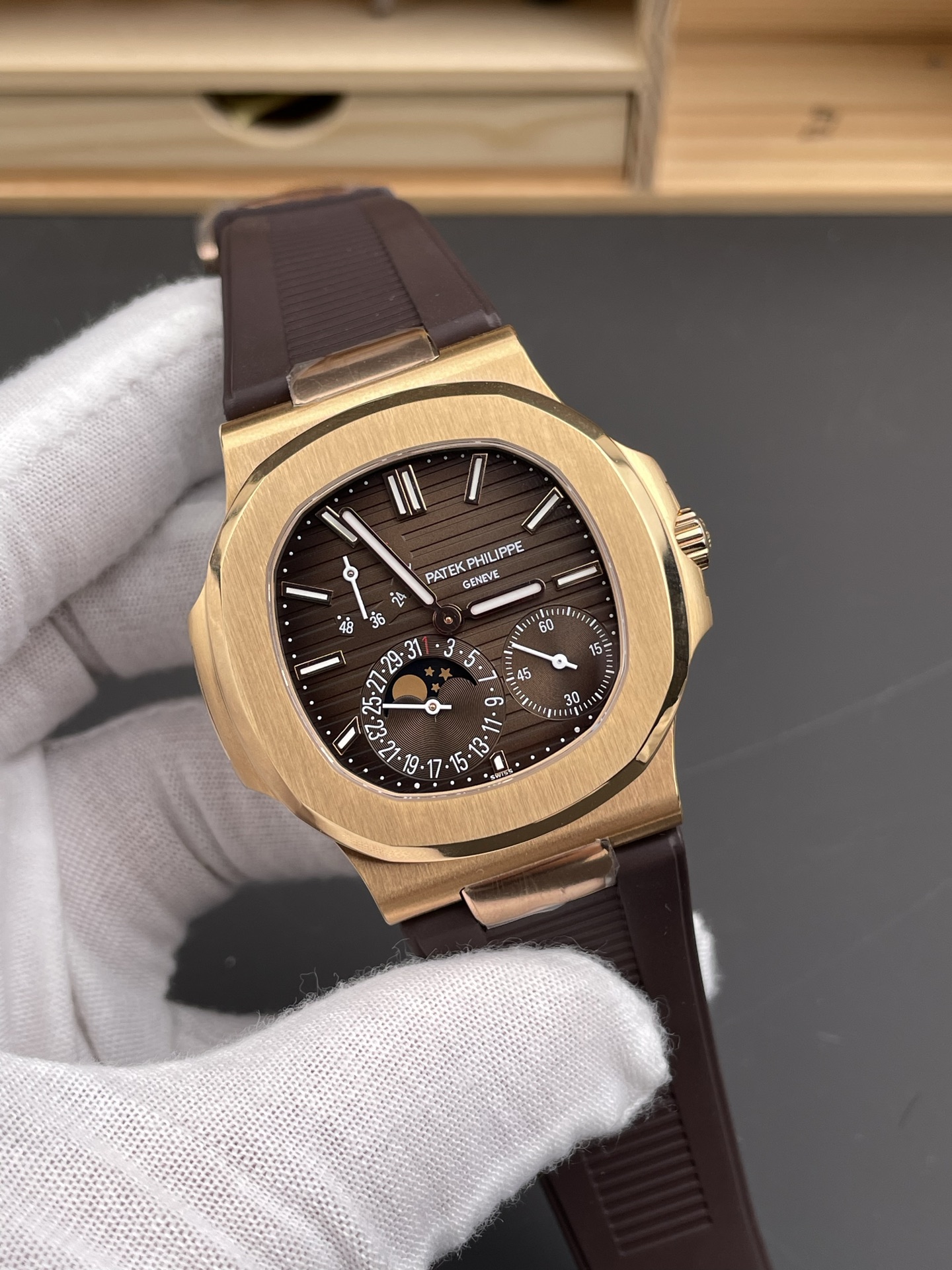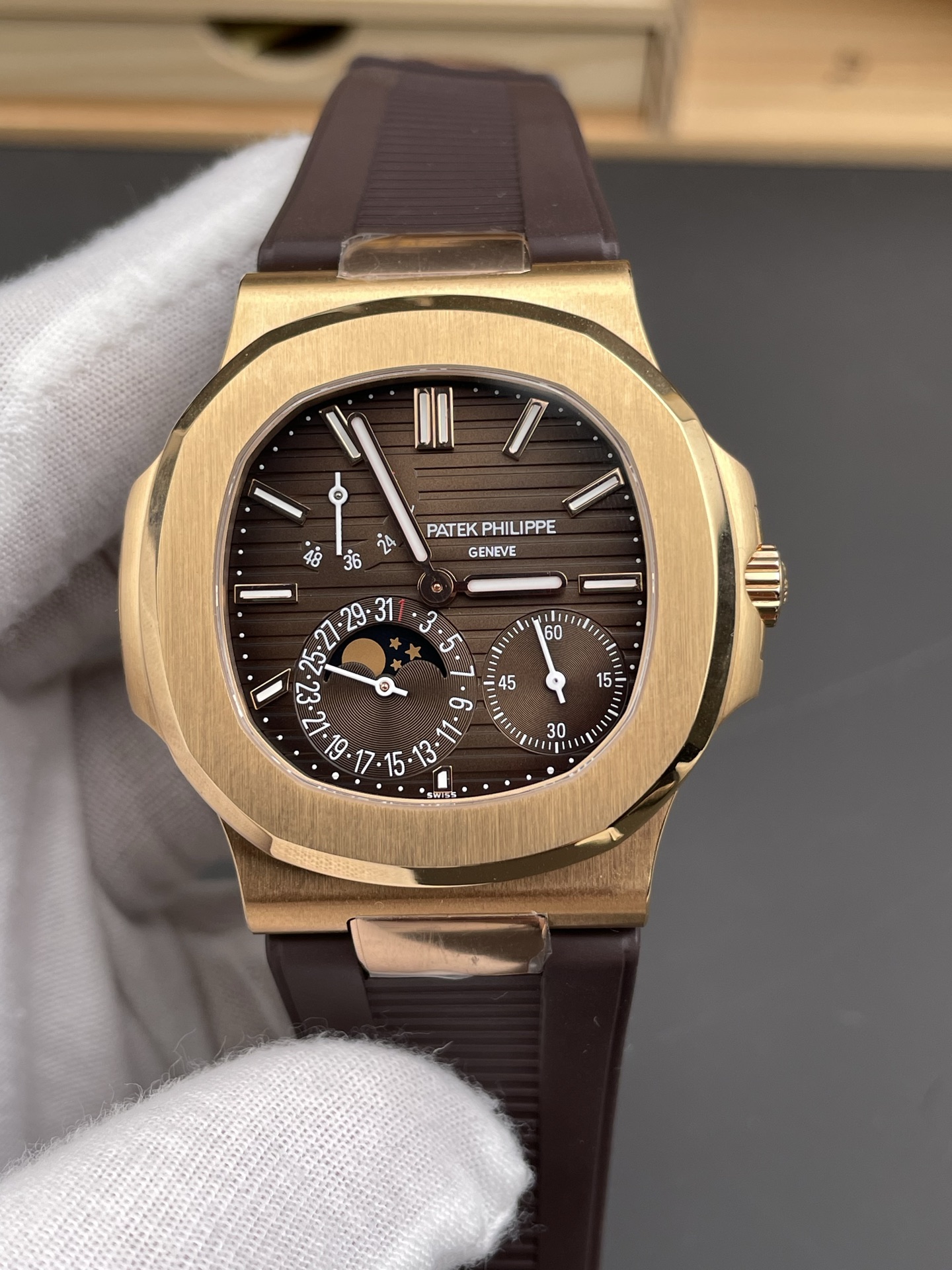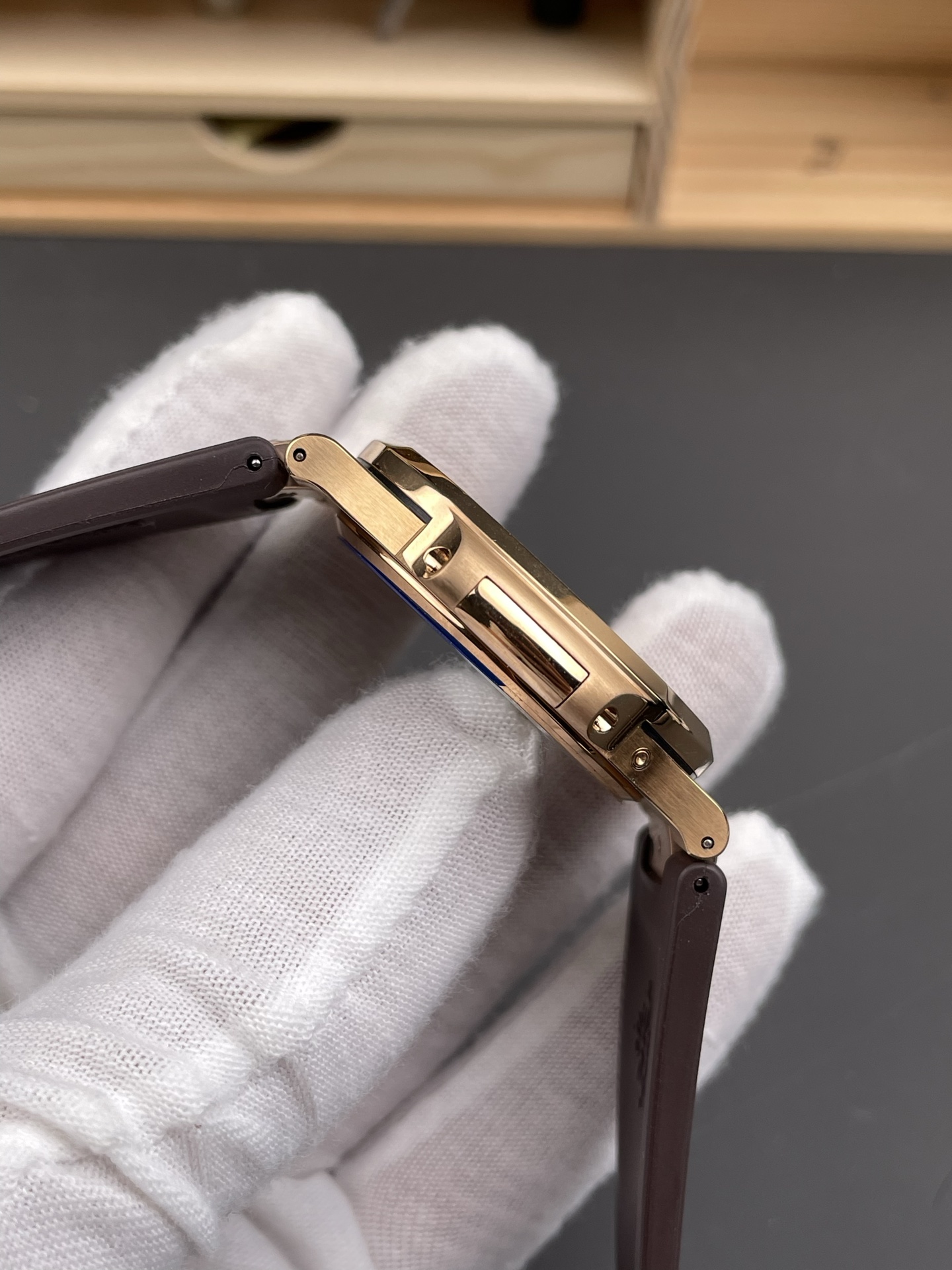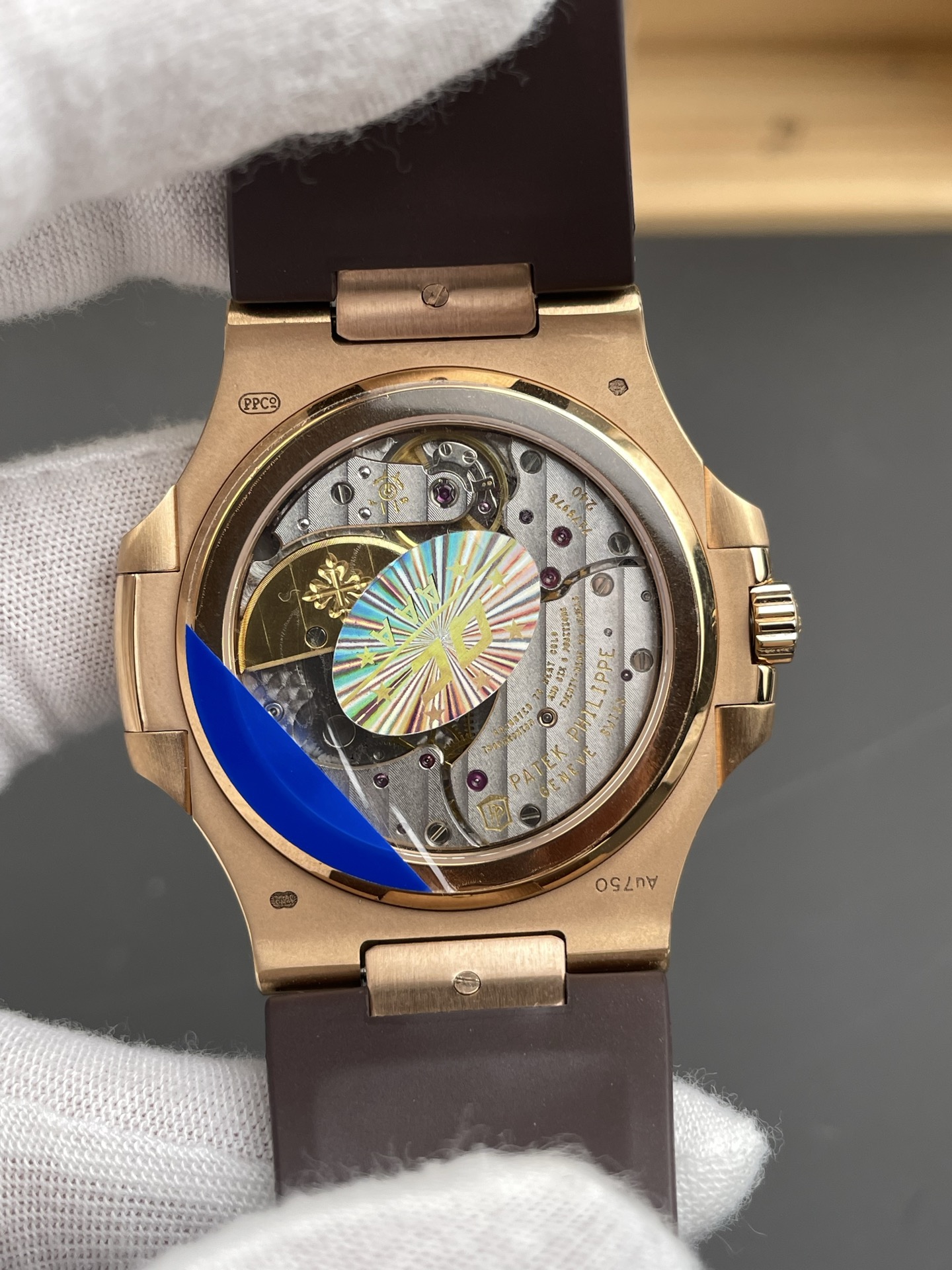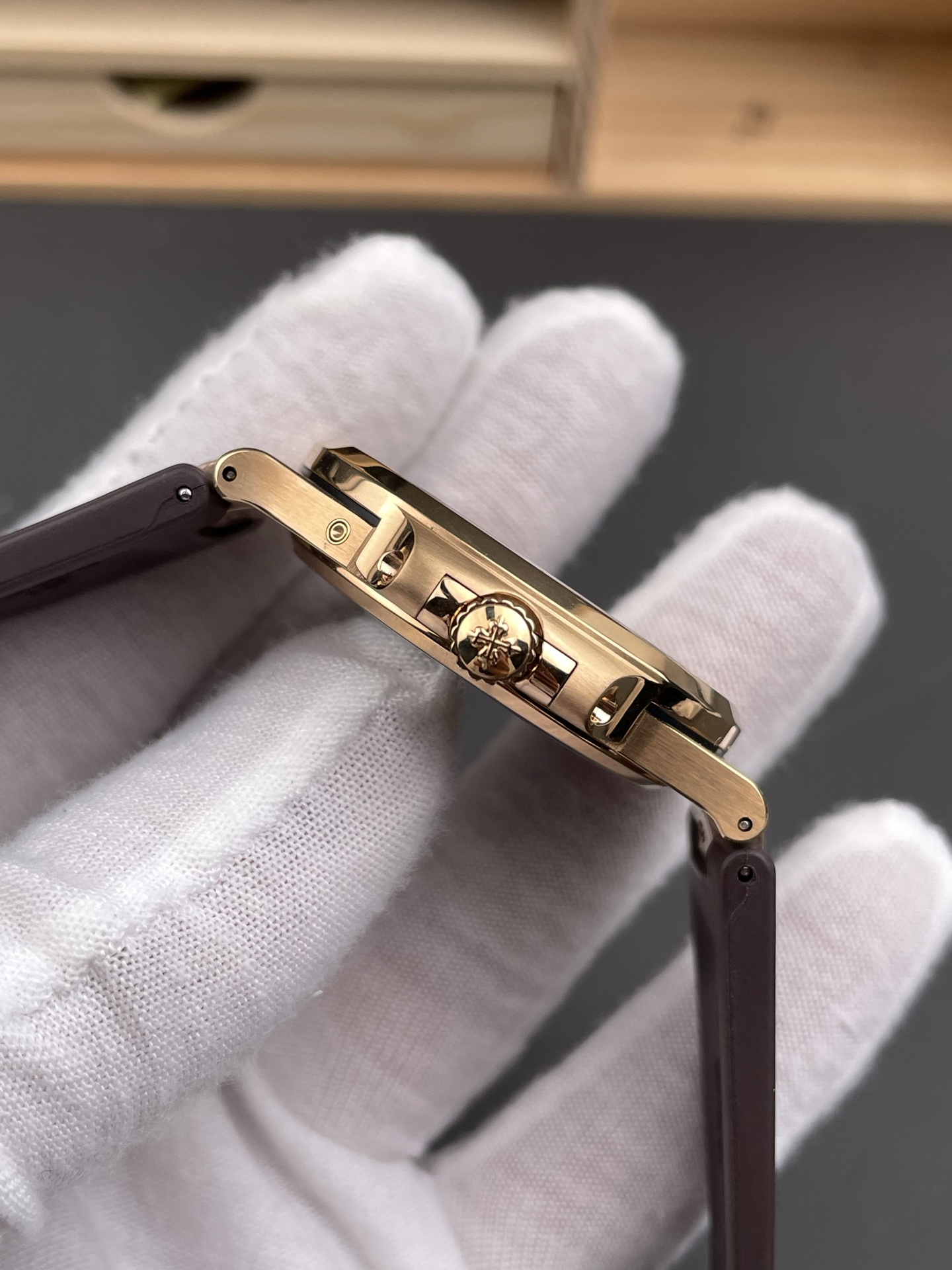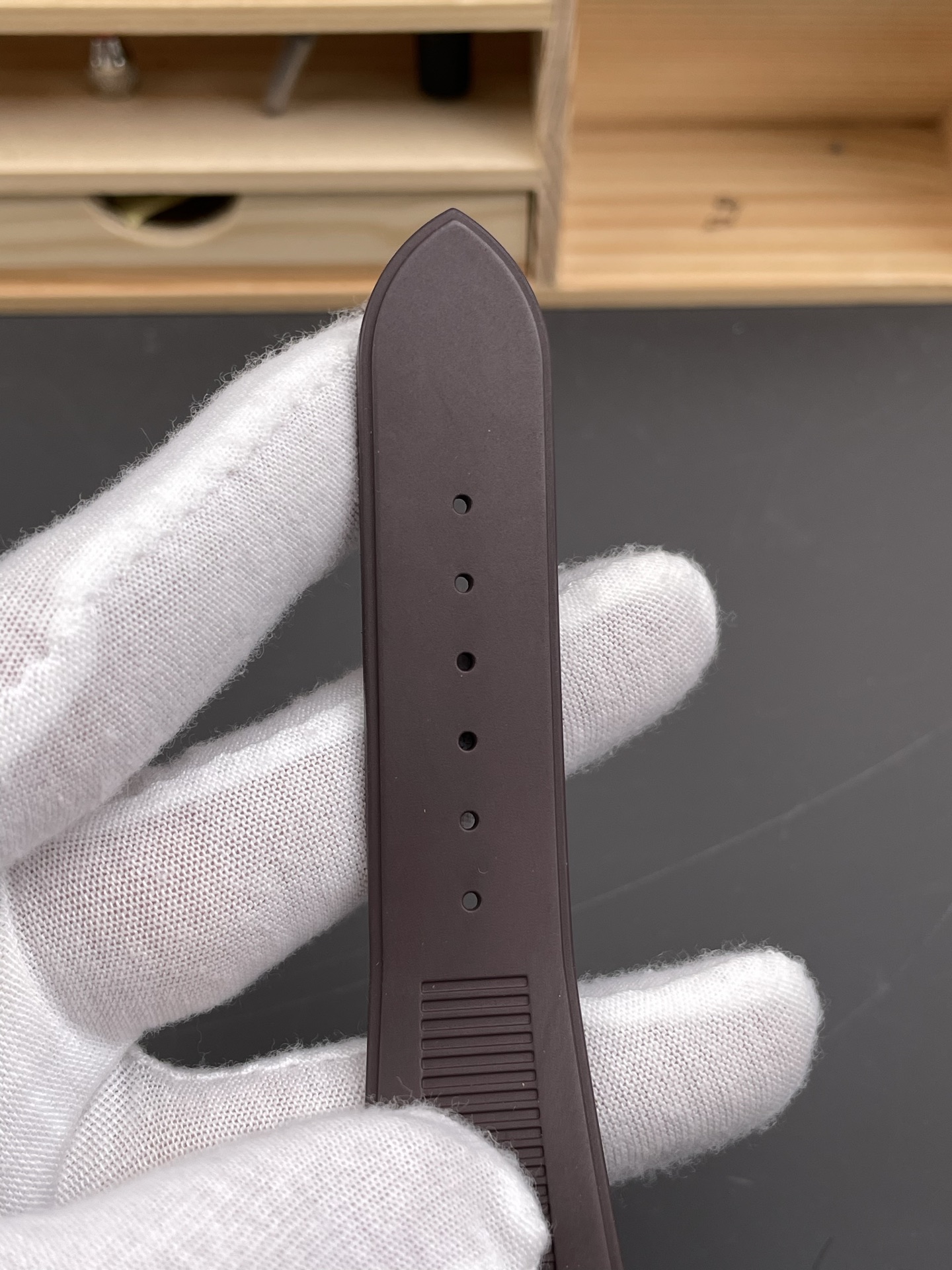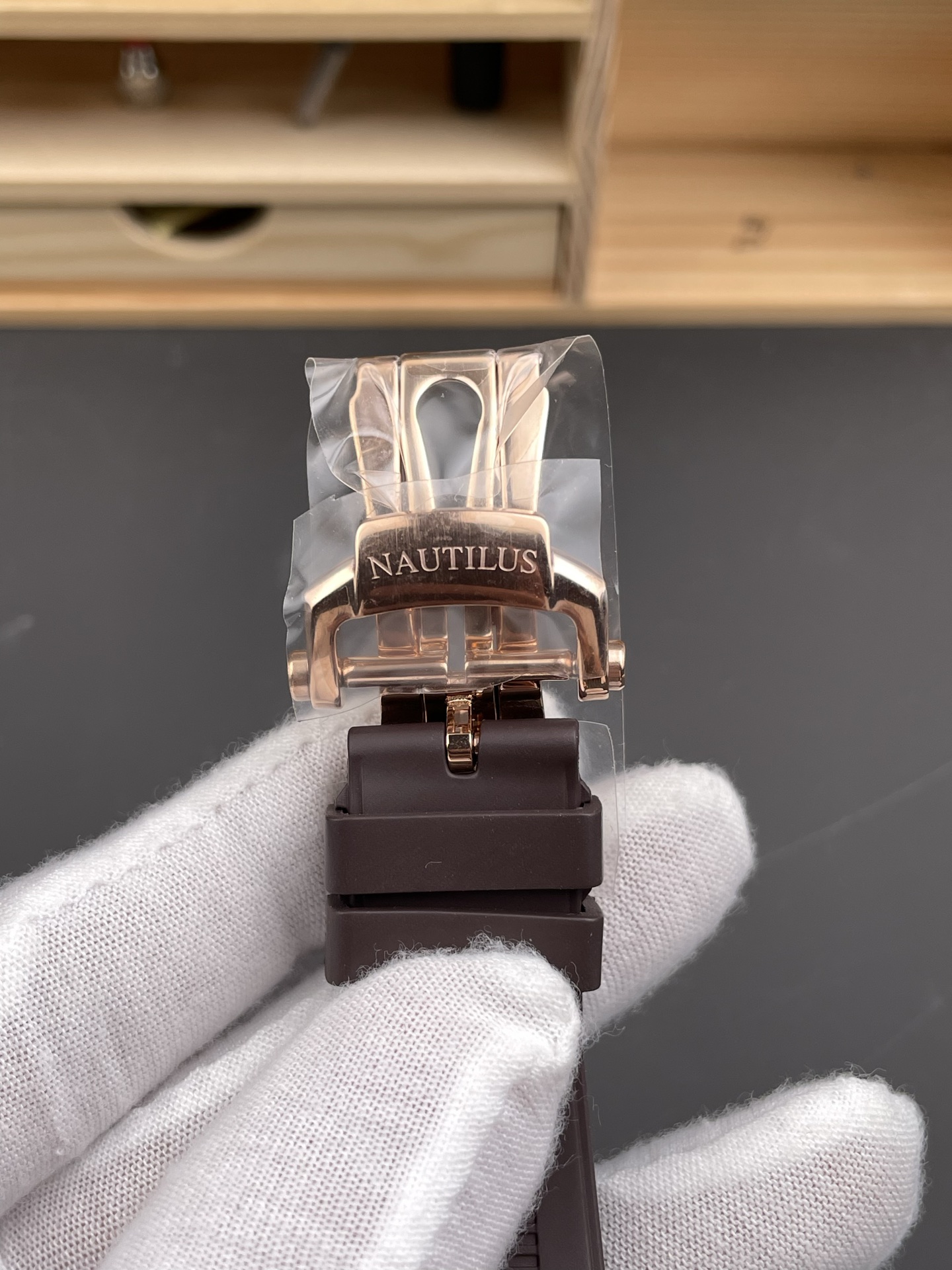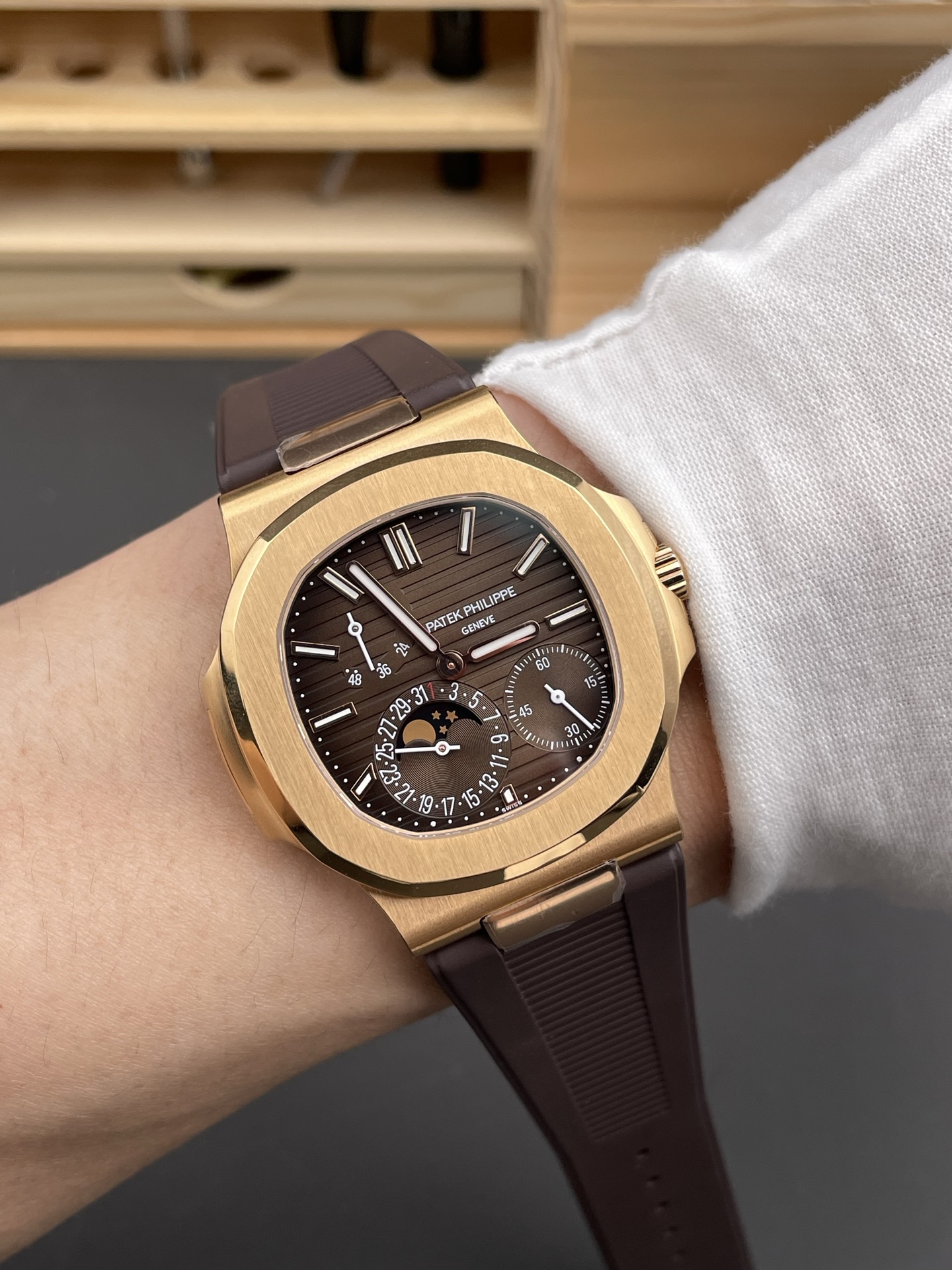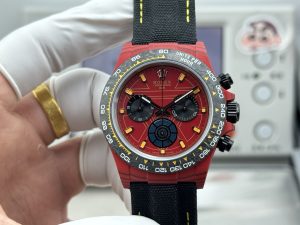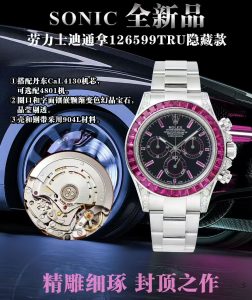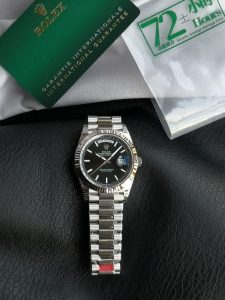In the realm of luxury watches, the Patek Philippe Nautilus 5712 stands out as a symbol of sophisticated horology. Characterized by its rose gold case and intricate moon phase dial, it has captivated collectors and enthusiasts alike. The allure of such timepieces often rests not only in their mechanical precision but in the brand’s storied legacy and the craftsmanship that goes into each watch. However, the emergence of high-quality replicas, such as those produced by PPF, offers a fascinating alternative for those who appreciate the aesthetics without the hefty price tag.
The PPF replica of the Patek Philippe Nautilus 5712 boasts a solid axle, moon phase indicator, and a trio of exquisite dial elements, all housed within a 40mm rose gold case. This replica embraces the essence of its genuine counterpart, harnessing the artistic elegance synonymous with Patek Philippe. A notable aspect of this rendition is the incorporation of the 240 movement, a mechanism celebrated for its precision and reliability, offering an experience akin to the original.
From an ethical perspective, the choice between an authentic luxury watch and its replica counterpart raises intriguing questions. For many, the purchase of a replica is not merely a financial decision but a philosophical stance against the consumerist ideals perpetuated by luxury branding. The original Nautilus 5712, while a masterpiece of engineering, carries with it the inflated value often dictated not by technical superiority but by brand perception and marketing prowess. Therefore, opting for a replica can be seen as an act of defiance against these forces, a choice to prioritize practical beauty over perceived status.
Economically, the replica watch market offers significant advantages. While the authentic Nautilus 5712 commands a formidable price, often entailing substantial investment, its replica counterpart allows enthusiasts to access design excellence without the financial strain. This alternative market also thrives on the increasing demand for style inclusivity, providing consumers with the opportunity to enjoy luxury aesthetics irrespective of economic disparity. Moreover, this democratization of style reflects broader societal shifts towards more accessibly priced luxury goods.
Branding plays a pivotal role in the luxury watch industry, where image often supersedes substance. Patek Philippe has long established itself as a beacon of prestige, and its watches serve as tangible tokens of success and opulence. Replicas challenge this dynamic by offering visually indistinguishable alternatives, forcing brand loyalists to reconsider the underpinnings of true value. The psychological boundary between authentic luxury and its replicated form is blurred, provoking introspection among consumers on what truly constitutes value and worth.
Psychologically, replicas present an opportunity for self-expression beyond traditional status signals. For many, wearing a replica is an affirmation of personal taste and style, devoid of the pressures associated with luxury ownership. This perspective fosters a healthier relationship with material goods, emphasizing enjoyment over possession. In choosing a replica of the Nautilus 5712, individuals can express admiration for design and craftsmanship without succumbing to the societal narrative of ‘luxury equals happiness.’
In conclusion, the PPF rose gold Nautilus 5712 replica represents more than just an alternative to the luxury watch market; it symbolizes a shift in values and priorities among consumers. By offering impeccable design at a fraction of the cost, it challenges the industry’s traditional constructs, advocating for a broader appreciation of aesthetic beauty unbound by economic constraints. Whether as a practical choice or philosophical statement, the replica watch remains a critical player in the contemporary dialogue surrounding luxury goods.
